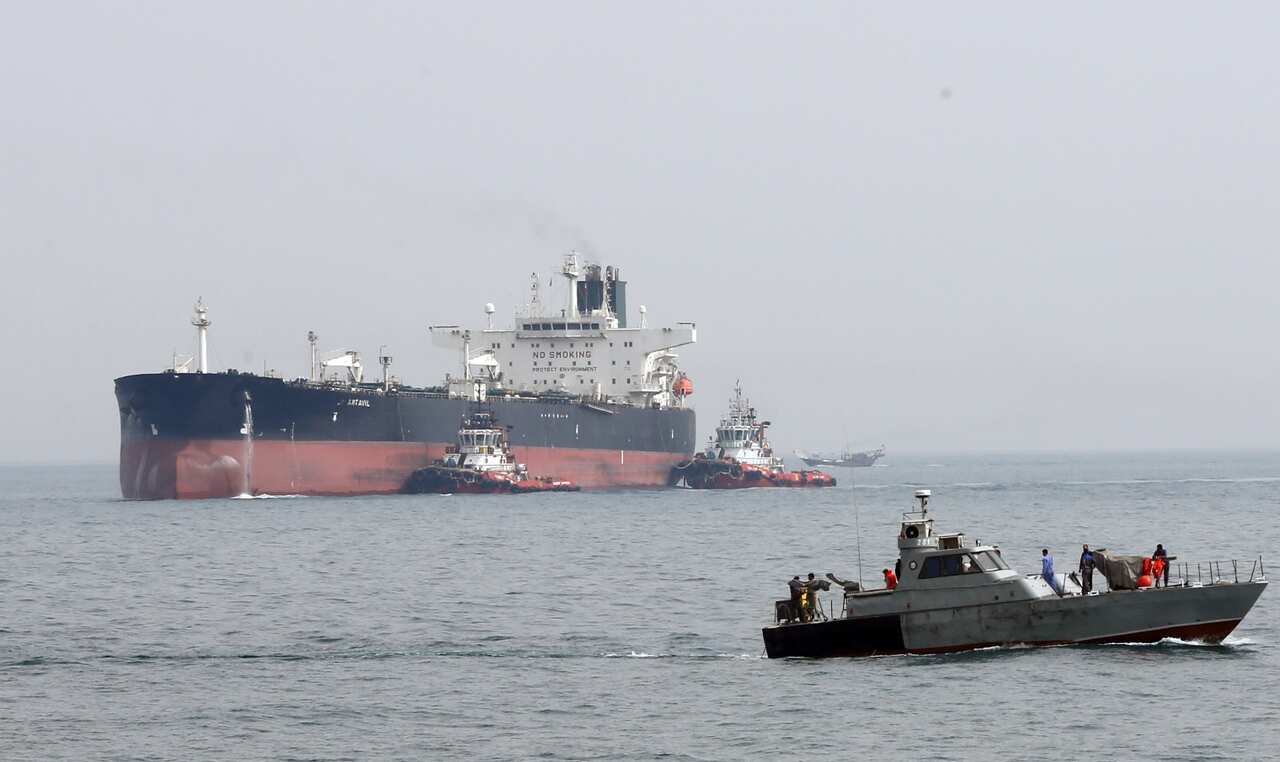The remaining parties to the Iran nuclear deal do not see Tehran's breaches as significant non-compliance and have not indicated any intent to trigger the accord's dispute mechanism, the European Union's foreign policy
chief said on Monday.
"For the time being, none of the parties to the agreement has signalled their intention to invoke this article, which means that none of them for the moment, for the time being with the current data we have had in particular from the IAEA, that the non-compliance is considered to be significant non-compliance," Federica Mogherini told a news conference after an EU foreign ministers meeting in Brussels.

Earlier, British Foreign Secretary Jeremy Hunt said there was still time to save the Iran nuclear deal and that despite the United States being Britain's closest ally it disagrees on how to handle the Iran crisis.
"Iran is still a good year away from developing a nuclear bomb. There is still some closing, but small window to keep the deal alive," Hunt told reporters on arrival for a foreign ministers' meeting in Brussels on Monday.
The Brussels meeting sought to flesh out how to convince Iran and the United States to reduce tensions and initiate a dialogue amid fears that the 2015 deal is close to collapse.
US-Iranian tensions have worsened since US President Donald Trump decided last year to abandon the nuclear deal under which Iran agreed to curtail its atomic program in return for relief from economic sanctions crippling it's economy.
In reaction to the re-imposition of tough US sanctions, which have notably targeted Iran's main oil revenue stream, Tehran has scaled back on some of its nuclear commitments under the deal, leading the European parties to the pact, France, Britain and Germany, to warn it about not fully complying with the terms.

The three powers, who are party to the deal alongside Russia and China, have sought to defuse the tensions, which culminated in a plan for US air strikes on Iran last month that Trump called off at the last minute.

